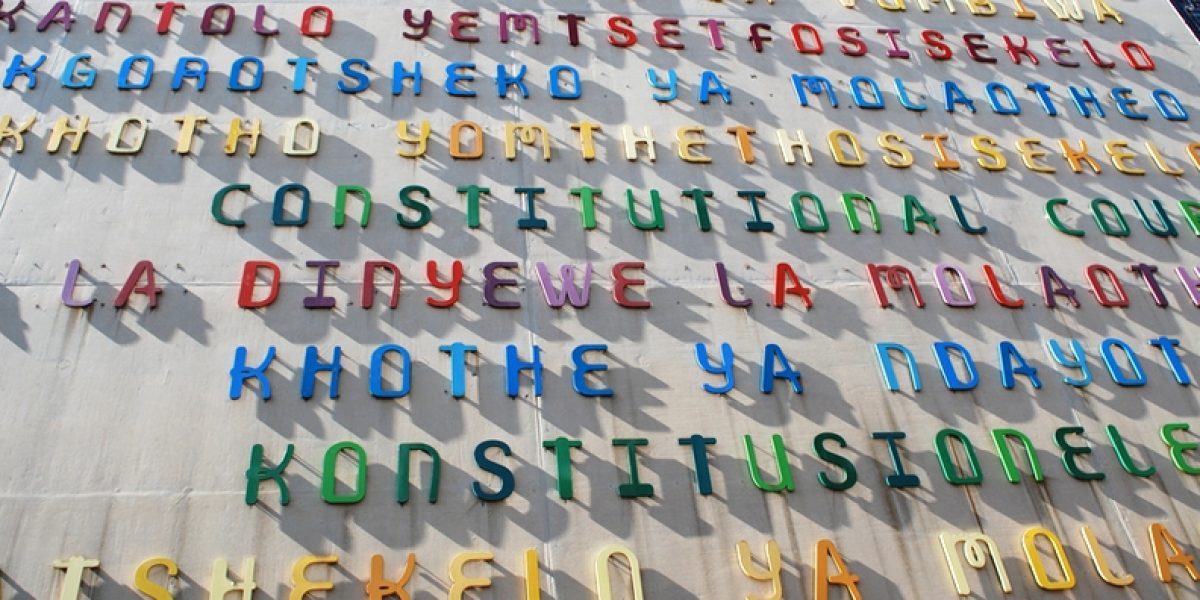The Constitutional Court’s order of 31 March 2016 is in the first instance about Nkandla and whether the president is required to pay for the costs of the non-security upgrades on his private residence.
Interpreting it only in such narrow terms, however, misses both its intention and its profundity. It is also misses the point that it is not only about an individual but also about those people or structures that enabled these actions. The order read out by the Chief Justice put to rest any misunderstandings about different legal approaches to the matter at hand.
- It unambiguously reiterated the significance of the separation of powers in a constitutional democracy, and by implication what happens when each of the three powers (executive, legislative and judiciary) do not act independently.
- It reinforced the preeminence of the rule of law that places no man or woman above it, irrespective of their position, political party affiliation, colour, race, creed, economic circumstance.
- It defined once and for all the central role of independent constitutional institutions such as the Public Protector in upholding good governance.
- It categorically stated the responsibility of political power to be constantly alive to the reality of sycophancy from those around them.
Equally the Chief Justice reminded us of the responsibility of constitutional bodies towards the ‘poor, the voiceless and the least remembered’ and that in a country where poverty runs deep and litigation is prohibitively expensive, the role of the Public Protector is to give a voice ‘even to the poor and the marginalised […] and teeth that would bite corruption and abuse excruciatingly’.
These are the precepts that ensure the constitution is more than just another piece of paper. Its guardians are the Constitutional Court, chapter 9 institutions, parliament and the president (the ‘Constitutional being’). The guardians must not take their responsibilities lightly! The ruling last week confirmed that both the Constitutional Court and the Public Protector have been exemplary in taking on this noble responsibility.
As an institute that for many years has worked on governance and accountability, we welcome the ruling of the ConCourt and call on all parties involved to act not only on the letter but also the spirit of the judgement.
Twenty two years ago we constructed a constitutional state where the strong don’t lord it over the weak and where all citizens are equal before the law, where even the poor can have access to justice and where the rule of law reigns. We must recapture that moment and return it to its rightful place in our political order. ‘Business as usual’ is not enough!








